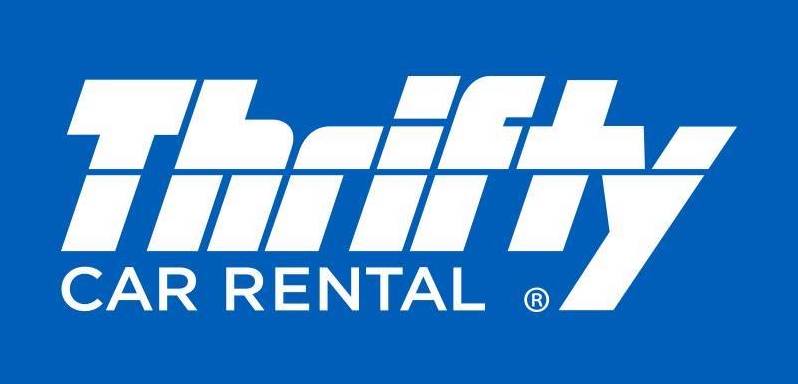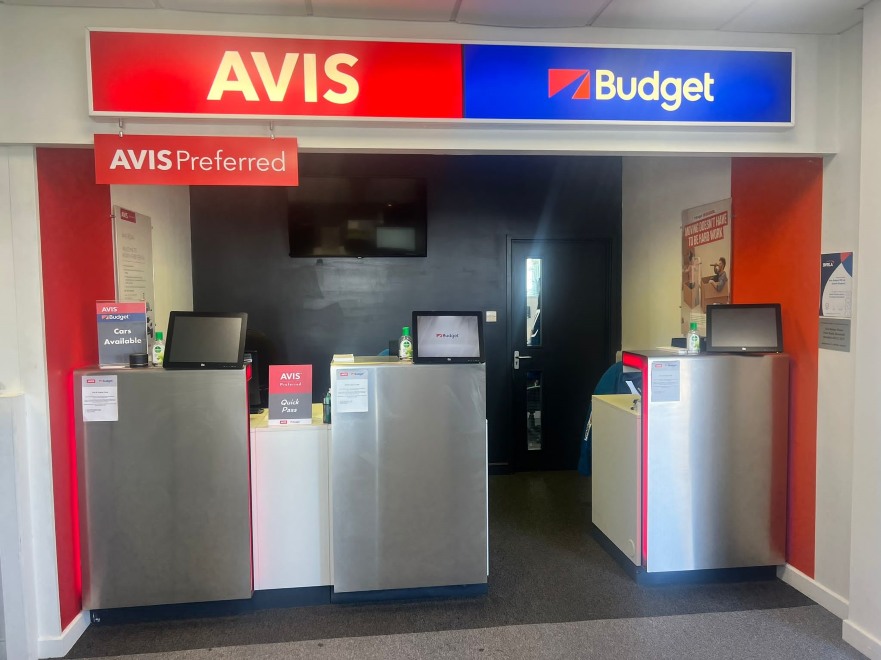Recommended News For Picking Car Rental Websites
Wiki Article
How Do You Determine The Coverage Of Rental Insurance Policy When You Rent The Vehicle
The review of the insurance coverage and choices that the rental firm offers is essential to ensure that you have adequate protection and avoid any unnecessary costs. Learn to review insurance coverage before renting a car. Know the basics of insurance coverage. Most rental companies will provide a basic liability policy, that covers damage to third-party properties as well as bodily injuries that occur in the event in the event of an accident. There are some limitations to this coverage and deductibles.
Explore Additional Coverage Options. In addition to the basic insurance, many rental companies offer additional insurance to offer extra security. There are two kinds of common extra coverage: Collision Damage Waiver which will lessen or completely eliminate financial liability which you have to pay for damage caused to your rental vehicle, and Loss Damage Waiver which covers damages or thefts to the rental.
Examine the coverage and deductibles. Compare the limits of coverage along with deductibles and other terms related to every type of insurance. Find out the maximum the insurance company will cover for loss or damage and also the amount you have to pay (deductible) before the coverage is established.
Consider Personal Insurance Policies: Check whether your own auto insurance policy or credit card offers any protection for cars you rent. Some credit cards provide secondary insurance coverage for rental cars in the event that you pay for your rental using the card. Similarly, your personal auto insurance policy may extend coverage to rental vehicles, but the coverage amount varies according to your policy and insurance provider.
Assess Your Tolerance for Risk If you're thinking of buying additional insurance, you should be sure to consider your budget and risk tolerance. It is possible to buy additional insurance if you are concerned is the possibility of damage or theft. To save money, you might choose not to purchase the insurance from the rental agency in the event that you've already bought adequate coverage.
Find out about the Exclusions and Exclusions: Ask the rental company whether there are any limitations or exemptions to the insurance coverage. For example when the vehicle is used commercially, it may be exempt from insurance. Be sure to be aware of the specifics of the coverage in order to avoid unpleasant surprise.
Document existing damage: Prior to signing the rental agreement, you must thoroughly examine the car for evidence of damage. Record any dents, scratches or other damages on the rental agreement and capture photos or videos to serve as evidence. This will help you avoid being charged for damage already present in the vehicle when you return it.
When you take the time to review the insurance coverage and options offered by the rental company, you can make informed decisions to ensure you have the right protection throughout your rental time while reducing unnecessary costs. Take a look at the most popular on front page for Car rental for website advice including car 1 day rent, near me car rent, rent a car one way, car hire sports car, good place to rent a car, trip rent a car, hire a car for the weekend, hire cars, rent my car out, find rental car and more.

Why And When Should You Reserve Your Car Rental Ahead Of Time?
Booking your car rental in advance especially during the peak travel times, is highly advisable for numerous reasons. In peak travel times the availability of rental cars is often restricted due to the high demand. Reserving ahead of time allows you to ensure the type of vehicle you require for your trip, and eliminates the risk that you will not find a car suitable upon arrival.
You can book early to reserve the vehicle you want. You can pick from a wider selection and ensure that you get the make, model and size you prefer. If you're in search of a small car for a solo trip or a van to take an excursion with the family, making a reservation in advance is the most efficient way to ensure that you receive the exact vehicle you require.
Stability of rates: Prices tend to increase when the rental date approaches particularly during busy times. By making reservations in advance, you lock in your rental price at moment of booking, saving money over making reservations closer to your travel date when rates may be more expensive.
Peace of Mind and ease of use: Pre-planning your rental car will provide you with peace ofmind and eliminate last-minute anxiety. You'll be assured that your transportation needs will be taken care of, which allows you to focus on other aspects of your trip.
Book ahead to get the best rate, and then review the various rental options, and make any necessary adjustments. Many rental companies have flexibility in cancellation policy. You are able to cancel or change your reservation free of charge within a specific time frame.
Special Requests: If you have specific requests or requirements, such as a GPS navigation system, car seat, or disability-accessible vehicle, reserving in advance ensures that the rental company can accommodate your needs and have the necessary equipment ready for your arrival.
Avoiding long waiting times: During busy times of travel, lines can be very long at the rental car counters in airports and other locations that are popular. You can expedite the pickup process by booking in advance. This will help you save precious time.
Reserving your car ahead of time provides many advantages. These include pricing stability, availability along with flexibility, convenience and peace of mind. If you're travelling during the peak seasons or any other season making reservations in advance is the best way to ensure a seamless and enjoyable rental experience.

What Do You Need To Know About The Fuel Policy Of Your Rental Company?
It is essential to know the policy regarding fuel of your rental company in order to avoid any additional costs. This will also ensure that you have an easy and quick return. It is possible to understand the fuel policy by reviewing the rental agreement. The document usually outlines the fuel policy. It can be found in the section entitled "Fuel Policy," or "Refueling."
Check the Terms and Conditions: Search for specific details about the fuel policy, such as whether you're required to return your vehicle with a full tank of gas or pre-purchase a tank fuel at a predetermined cost, or pay fueling charges.
For clarification, ask Rental Company Representations: If there is any confusion about the fuel policy in the rental agreement or if you need clarification, you are welcome to contact the representatives of the company. Contact the customer service department via telephone, email or live chat if have any questions about the policy on fuel.
Full Tank Requirement - Certain rental companies will require that you return the car with a full tank of gas to avoid any additional costs. Make sure to fill up your tank at the nearest gas station to avoid charges for refueling. It is recommended to keep the receipt for fuel to prove.
Pre-purchase of fuel: Some rental agencies offer you the possibility of purchasing fuel at a specific cost when you pick up the car. If you choose this option you are able to return the vehicle at any fuel level without having to pay for refills. It is possible that you'll not receive a refund on fuel.
Refueling service fees: If you haven't purchased fuel prior to your trip and return your vehicle with less than the full amount of gas, you could be charged by the rental company for refilling. The charge is usually comprised of the cost of fuel plus the cost of service. The local gas prices could be considerably more expensive.
Understanding Penalties - Be aware of the fines and penalties that could be related to the fuel policy you have in place. For instance, there could be administrative costs for failure to comply with the rules. Knowing the penalties ahead of time will help you avoid any unexpected fees when you return your vehicle.
Plan ahead. In accordance with the policy on fuel of the rental firm and your travel schedule, you must plan your refueling strategies accordingly. It is recommended to allow enough time to find the nearest gas station to avoid any charges for refueling.
If you are aware of the rental company’s fuel policy and comply with its guidelines, then you can avoid unnecessary charges and have a smooth rental return process.
